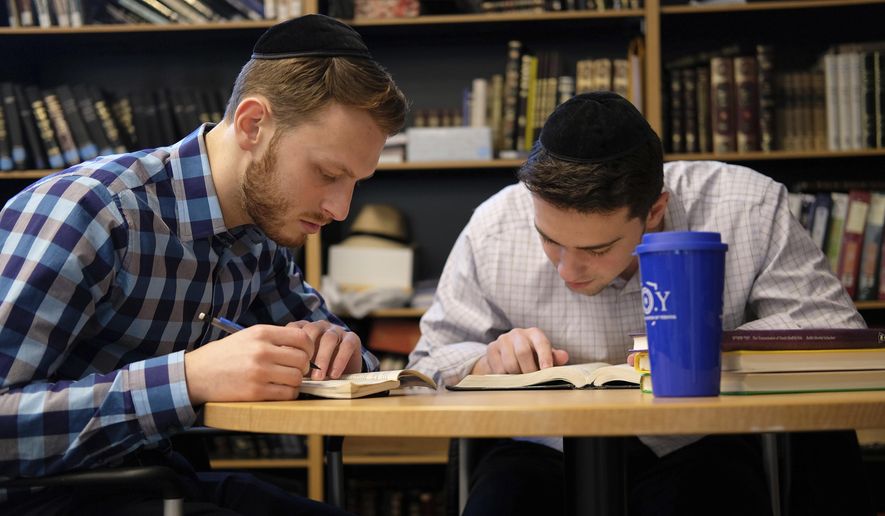Supreme Court Associate Justice Sonia Sotomayor on Friday granted an injunction to Yeshiva University, blocking the implementation of a New York trial court’s order compelling official recognition of a gay student group by the school.
YU Pride Alliance sued the 134-year-old Jewish university for recognition, claiming the school was a “place or provider of public accommodation” under New York state law. In June, New York Supreme Court Justice Lynn R. Kotler ruled Yeshiva was an “educational corporation” and not a religious organization, which would be exempt from state laws barring discrimination based on sexual orientation.
The two-sentence document gave no reason for granting the request filed on August 29 by the nation’s oldest Jewish university. However, Justice Sotomayor said the injunction will remain in effect until either she or the full court release a “further order” in the case.
“Yeshiva shouldn’t have been forced to go all the way to the Supreme Court to receive such a commonsense ruling in favor of its First Amendment rights,” said Eric Baxter, senior counsel at the Becket Fund for Religious Liberty, which represented the school.
“We are grateful that Justice Sotomayor stepped in to protect Yeshiva’s religious liberty in this case,” he added.
In its filing last month, the school challenged the New York court’s notion that the school had “no right to control how its religious beliefs and values are interpreted or applied on its campuses,” because it offered “too many secular degrees” and did not qualify for the law’s religious organizations exemption.
“We are pleased with Justice Sotomayor’s ruling which protects our religious liberty and identity as a leading faith-based academic institution,” Rabbi Ari Berman, Yeshiva University’s president, said in a statement. “But make no mistake, we will continue to strive to create an environment that welcomes all students, including those of our LGBTQ community.”
He said the school will keep speaking with its students, rabbis and faculty on how to be inclusive while adhering to values found in the Torah, which comprises the first five books of the Hebrew Bible and which corresponds to the first five books of the Christian Old Testament, namely the books of Genesis, Exodus, Leviticus, Numbers and Deuteronomy.
Yeshiva’s attorneys said the school requires all undergraduate students to “engage in intense religious studies,” which can range up to four and a half hours daily.
A YU Pride Alliance spokeswoman told The Washington Times via email that the student organization “will await a final order from the Supreme Court. It remains committed to creating a safe space for LGBTQ students on YU’s campus to build community and support one another without being discriminated against.”
The Yeshiva application to the high court drew supporting briefs from dozens of groups, including the Association of Classical and Christian Schools, Association of Christian Schools International, International Alliance for Christian Education, Association for Biblical Higher Education, and American Association of Christian Schools.
Another brief was filed by the Roman Catholic Archdiocese of New York; the United States Council of Catholic Bishops; evangelical schools Houston Baptist University, Liberty University and Wheaton College; the Ethics and Religious Liberty Commission of the Southern Baptist Convention, the Church of Jesus Christ of Latter-day Saints, Brigham Young University, Biola University, and Cedarville University.
The school’s move to blunt the lower court ruling also attracted opposition. On Thursday, Campus Pride placed Yeshiva University on its “Worst List” roster because, the group said, “it has a long and well-documented history of anti-LGBTQ discrimination.”
• Mark A. Kellner can be reached at mkellner@washingtontimes.com.




Please read our comment policy before commenting.